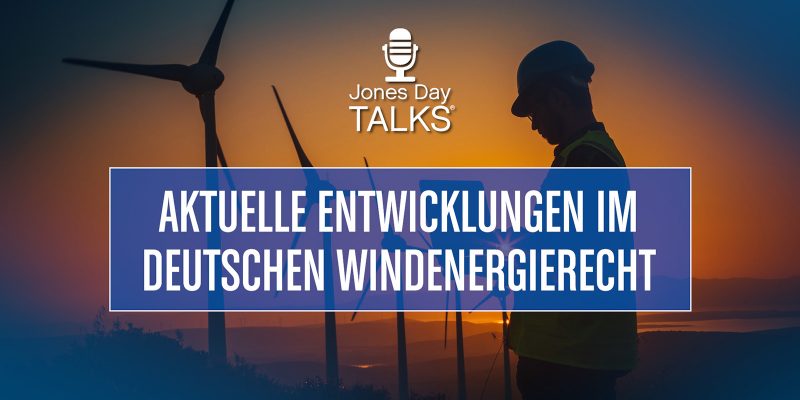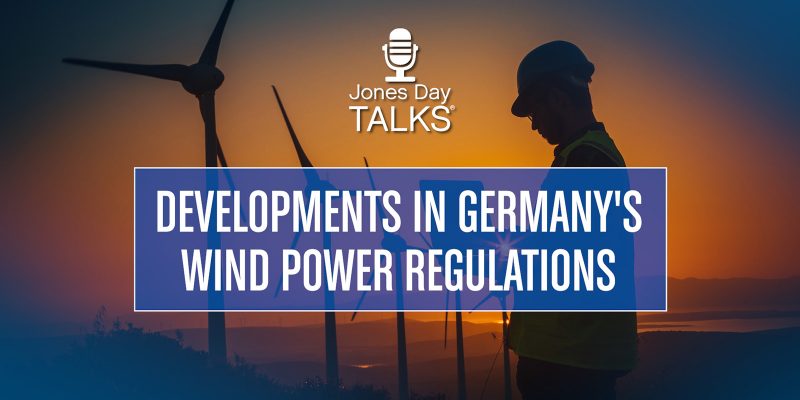Am 21. Dezember 2018 ist das sog. Energiesammelgesetz in Kraft getreten, mit dem u.a. das EEG geändert wurde. Hierbei handelt es sich um die siebte Änderung des EEG 2017 seit dessen Inkrafttreten vor etwas mehr als zwei Jahren. Eingeführt wurde u.a. eine Pflicht zur Ausrüstung von Windenergieanlagen mit einer bedarfsgesteuerten Nachtkennzeichnung ab dem 1. Juli 2020. Diese Pflicht gilt auch für Bestandsanlagen; schätzungsweise 18.000 Windenergieanlagen in Deutschland müssen daher nachgerüstet werden.
Aus der aktuellen Rechtsprechung ist ein Beschluss des Bayerischen Verwaltungsgerichtshofs vom 3. April 2019 zur Anwendbarkeit der sog. 10 H-Regelung insbesondere für Planer und Betreiber von Windenergieanlagen in Bayern relevant. Danach ist die 10 H-Regelung (Art. 82 BayBO) auch dann bei der Erteilung von Änderungsgenehmigungen nach § 16 BImSchG zu beachten, wenn bereits eine bestandskräftige BImSchG-Genehmigung vorliegt und sich weder die Standorte noch die Höhe der Anlagen ändern.
Diese aktuellen Themen im Bereich Windrecht erläutert Kerstin Henrich von Jones Day.
Podcast: Play in new window | Download
Subscribe: RSS



